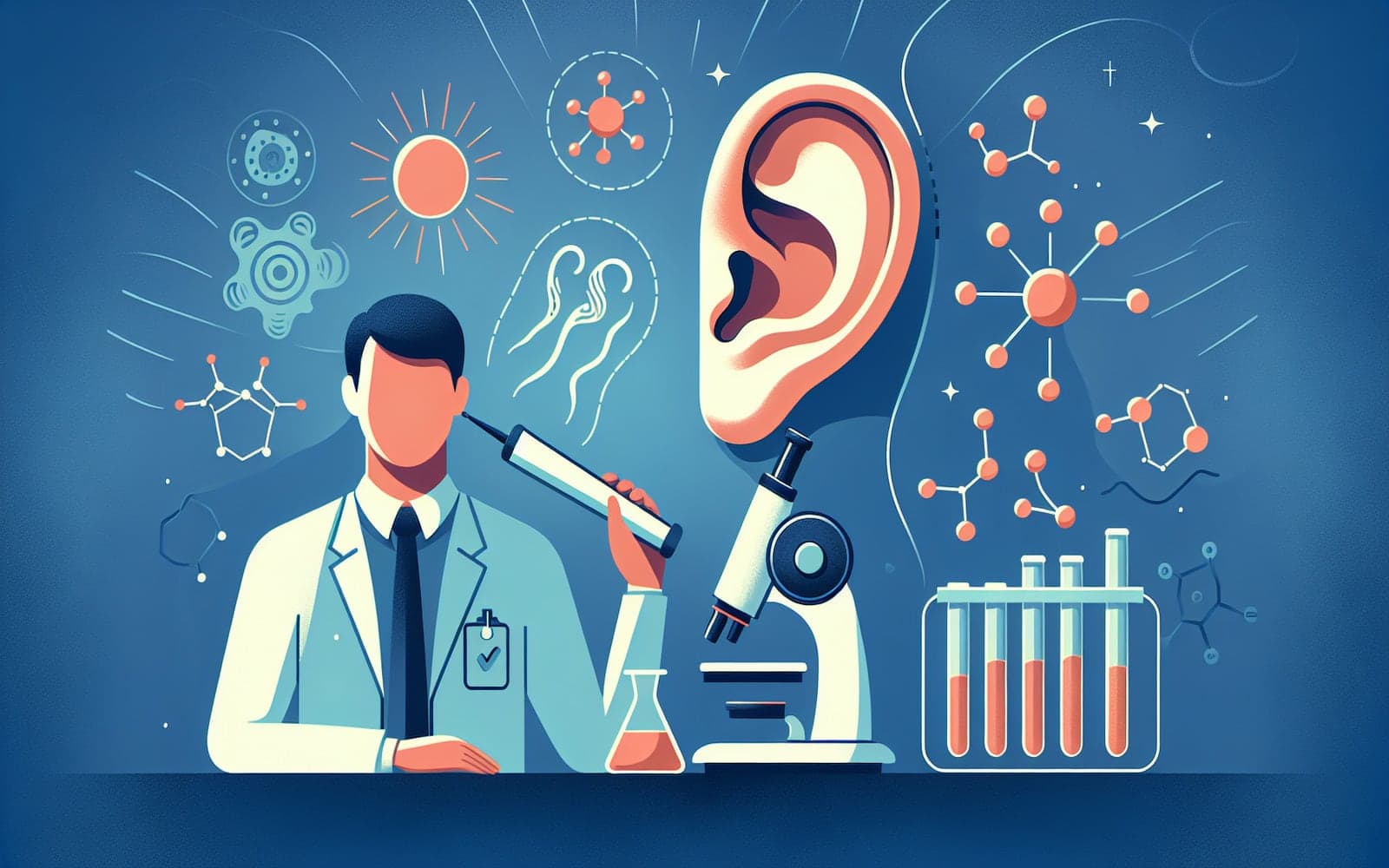Tinnitus Treatment: What Does the Research Say?
Published: May 09, 2024

Medically reviewed by Jerome Albert Ecker | MD, Assistant Professor of Medicine, Duke University - Durham, NC on May 9th, 2024.
Ongoing studies aim to uncover effective treatments for tinnitus. Explore the latest research findings and their implications.
Contents
The Challenge of Studying Tinnitus
Research on tinnitus treatments faces hurdles due to the subjective nature of the condition. High-quality, randomized trials are limited, making it hard to draw firm conclusions. However, ongoing studies continue to seek effective solutions.
Behavioral Therapies in Focus
Studies have shown promise in using cognitive-behavioral therapy and tinnitus retraining therapy. These therapies focus on altering perceptions and reactions to tinnitus. While results are encouraging, more large-scale trials are needed for conclusive evidence.

The Role of Medications
Medications have not shown consistent benefit in treating tinnitus. Some small trials suggest potential for certain drugs, but larger studies are required. Current guidelines advise caution when considering medications for tinnitus.
Frequently Asked Questions
Research is ongoing, but high-quality evidence is limited.
Cognitive-behavioral therapy and tinnitus retraining therapy show promise.
Evidence for medications is inconsistent; more research is needed.
Key Takeaways
Continued research is key to finding effective tinnitus treatments.
Stay informed on tinnitus research by consulting with Doctronic.Related Articles
References
Hoare DJ, Kowalkowski VL, Kang S, Hall DA. Systematic review and meta-analyses of randomized controlled trials examining tinnitus management. Laryngoscope 2011; 121:1555.
Cima RF, Maes IH, Joore MA, et al. Specialised treatment based on cognitive behaviour therapy versus usual care for tinnitus: a randomised controlled trial. Lancet 2012; 379:1951.
This article has been reviewed for accuracy by one of the licensed medical doctors working for Doctronic. Always discuss health information with your healthcare provider.

